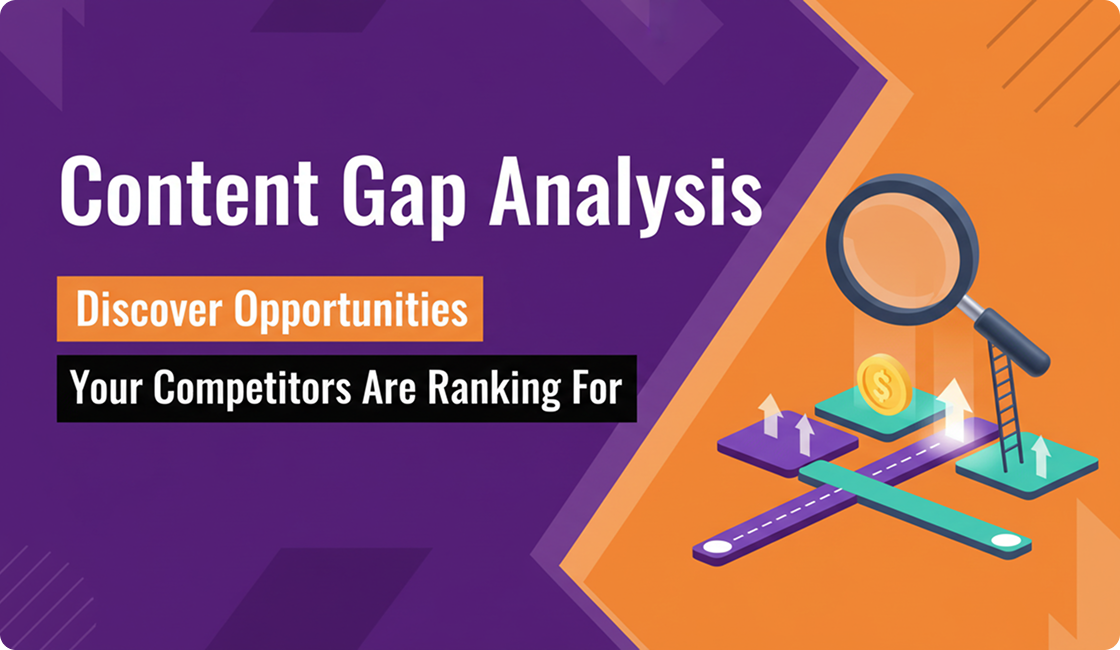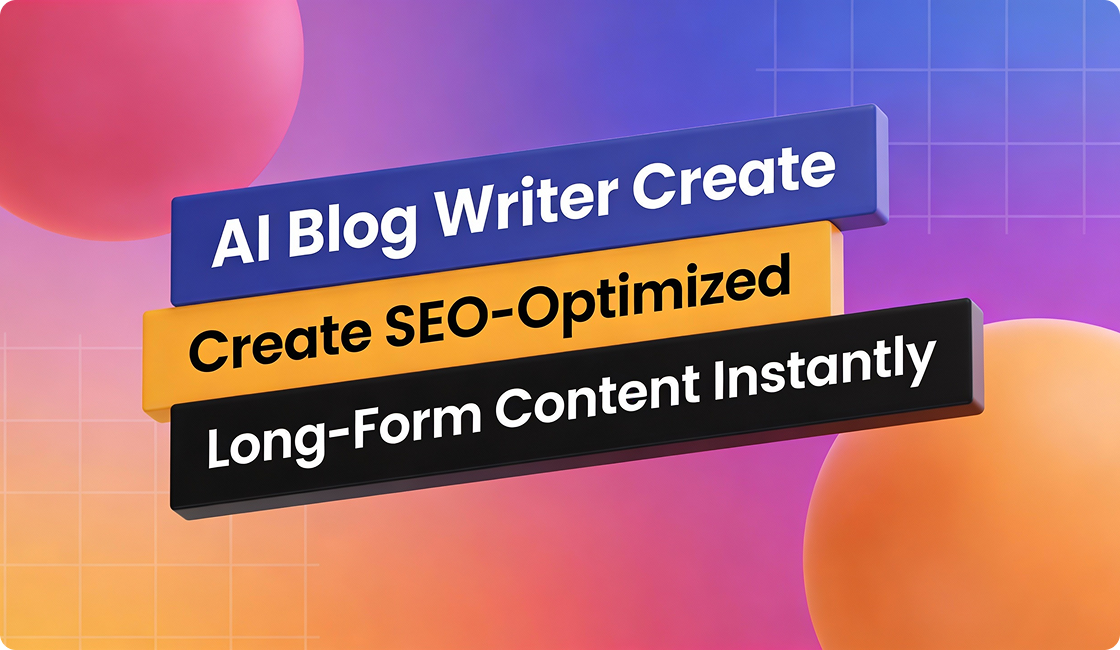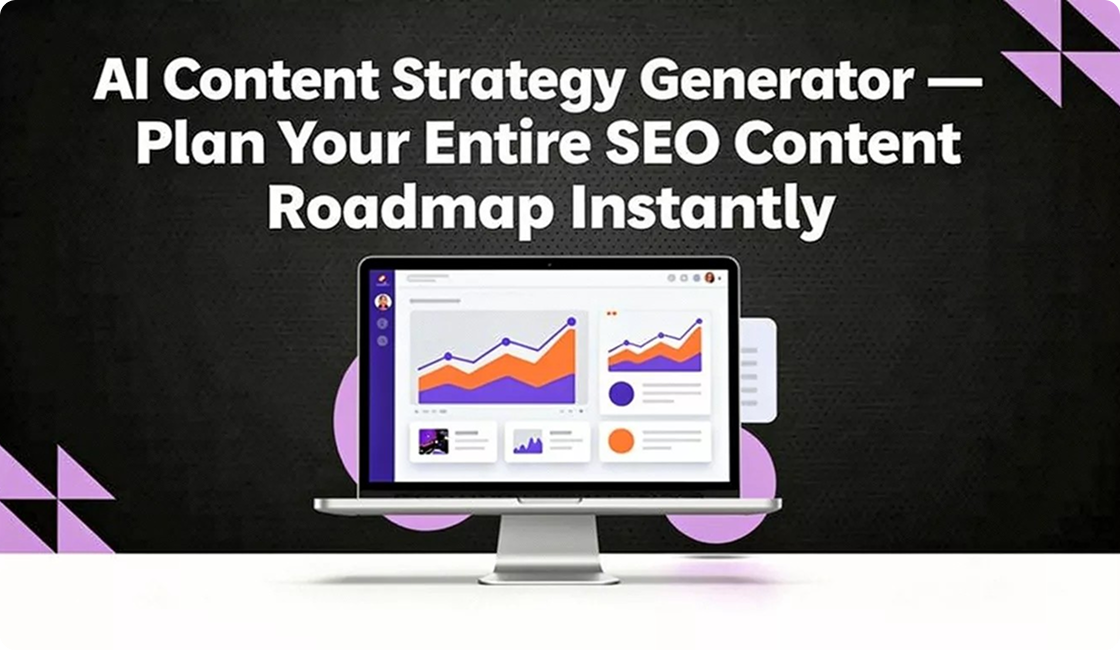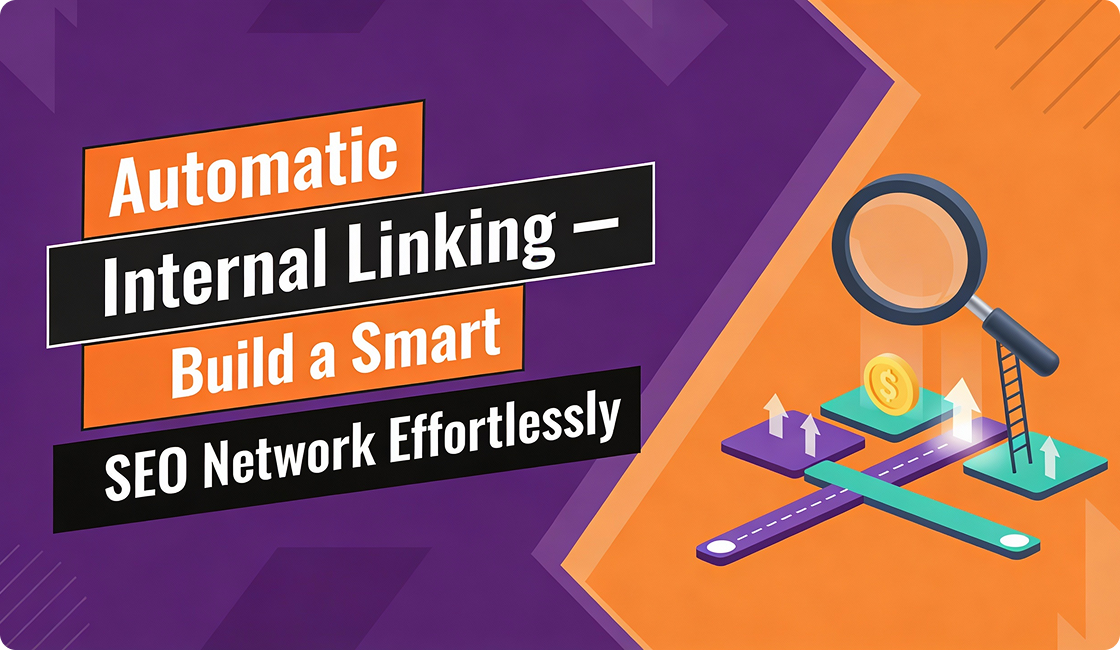Table of Contents
Unmasking AI-SEO Writing: The Future of Content Creation
The landscape of digital marketing is ever-evolving, and one of the latest game-changers is AI-SEO writing. As Artificial Intelligence continues to advance, its applications in SEO content creation, optimization, and strategy development are becoming more integral. This blog post dives deep into the transformative impacts of AI-SEO writing, examining how it’s shaping the future of content creation.
Understanding AI-SEO Writing
In a world where algorithms rule and Google updates are as mysterious as the plot twists in a best-selling thriller, “AI-SEO Writing” emerges as the unsung hero. So, what exactly is AI-SEO writing, and why is it as essential as your morning coffee? Let’s dig in, shall we?
First things first, AI-SEO writing is the amalgamation of artificial intelligence and search engine optimization. Picture this: a team of bots working tirelessly to craft content that not only reads like Shakespeare but also ranks like a Grandmaster in a chess tournament. Intriguing, right?
To break it down:
- Artificial Intelligence SEO: AI tools analyze mountains of data faster than you can say “Google it!”. According to a study by Oberlo, 69% of marketers are already using AI to enhance SEO processes.
- AI Content Writing: Think of it as having a digital co-author who never tires, always follows the rules, and still manages to tell a good story.
- SEO Automation with AI: Say goodbye to endless hours spent on keyword research and optimization tasks. AI can automate these processes, making your life easier and your content sharper.
Imagine the power of natural language processing (NLP) and machine learning in SEO. These technologies enable AI to understand context, semantics, and user intent better than ever. As SEO guru Neil Patel puts it, “AI isn’t just an option anymore — it’s a necessity.”
Need some concrete examples? Sure thing!
- HubSpot reported a 3x increase in organic traffic after implementing AI-driven SEO strategies.
- The New York Times uses an AI tool called “Editor” to optimize headlines for better engagement.
- Ranklytics.ai leverages AI for keyword research, behavioral analysis, and predictive SEO, which could be the secret sauce for your next content breakthrough.
In summary, understanding AI-SEO writing is like discovering the Holy Grail of content creation. It’s adaptive, predictive, and incredibly efficient. So, buckle up! This is the future of content creation, and it promises to be a highly optimized ride!
The Role of Artificial Intelligence in SEO
Artificial Intelligence has rapidly evolved from a futuristic concept to an indispensable tool in today’s digital marketing landscape—like a Swiss Army knife for SEO practitioners. Gone are the days when SEO was a tedious process involving endless keyword stuffing and manual backlink building. Enter AI, and suddenly, the rules of the game began to change drastically. But what exactly is the role of Artificial Intelligence in SEO?
Smart Keyword Research: AI-driven tools can identify the most relevant keywords by analyzing massive datasets far quicker than any human could. According to a study by BrightEdge, AI and machine learning can predict up to 70% of relevant searches. That’s like having a crystal ball for your keyword strategy.
Content Optimization: AI doesn’t just help you find keywords; it assists in placing them naturally within your content. Say goodbye to awkwardly forced phrases; AI ensures that your content reads smoothly while staying SEO-friendly. Who says you can’t have your cake and eat it too?
Voice Search Ready: With the rise of smart speakers like Alexa and Google Home, optimizing for voice search is crucial. AI can analyze and predict speech patterns, enabling your content to rank higher in voice search results. Gartner predicts that by 2023, 50% of all online searches will be voice-based. That’s a statistic you can’t ignore!
Real-time Analytics: Ever felt like you were flying a plane blindfolded when waiting for your SEO reports? AI can provide real-time analytics and actionable insights, allowing you to pivot your strategy on the fly. It’s like having a co-pilot who never sleeps.
User Experience Enhancement: Google’s search algorithm has evolved to prioritize user experience. AI helps improve UX by predicting user behavior and preferences, making your site as welcoming as a virtual doorman to potential visitors.
As aptly put by Forbes, “Artificial Intelligence is transforming SEO from a data-driven chore to a sophisticated strategy.” With AI at the helm, SEO becomes less about crunching numbers and more about crafting engaging, optimized content that serves both users and search engines alike.
AI for Content Optimization
When it comes to fine-tuning your content, AI for content optimization is nothing short of a wizard behind the curtain. In fact, according to a study by HubSpot, businesses that use AI for content optimization often see a 50% increase in organic traffic within six months. How is that possible? Well, let’s pull back the curtain and take a closer look.
1. Real-Time Data Analysis
Imagine having a 24/7 assistant who can analyze keywords, competitor content, and user engagement faster than you can say “search engine optimization”—that’s AI for you. Utilizing machine learning algorithms, AI tools can scan vast amounts of data in seconds, identifying trending topics and high-performing keywords. For example, MarketMuse uses AI to analyze your content and suggest improvements to boost its search engine ranking.
2. Enhanced Readability
Let’s face it: beautifully optimized content is a balance of keywords and readability. AI tools like Grammarly and Hemingway Editor offer advanced readability suggestions, ensuring your content remains engaging while smoothly integrating those crucial keywords. As the saying goes, “Good content is king,” but “Readable content is king with a crown”—or something like that.
3. Personalized User Experience
According to a report by Econsultancy, 93% of companies see an uplift in conversion rates from personalization. AI can tailor content based on user behavior, search history, and preferences, making your audience feel like the content was custom-made just for them. Tools like Acrolinx use AI to adapt and optimize content, making it more relevant to specific audience segments.
4. Predictive Analytics and Planning
AI can not only help in optimizing your existing content but also in planning future content. With predictive analytics, AI can determine which topics will trend and recommend content that aligns with those trends. A good example is BuzzSumo, which leverages AI to discover high-performing content ideas based on predictive insights.
5. Semantic SEO
Gone are the days when keyword stuffing was a thing. Modern-day SEO is all about semantic SEO, which AI handles like a pro. By understanding the context behind search queries, AI helps craft content that’s more likely to match user intent, boosting its chances for higher search engine rankings. Google even uses AI with its BERT algorithm to improve its understanding of search queries’ context and relevance.
In conclusion, AI for content optimization does more than just sprinkle a few keywords here and there. It intelligently analyzes, recommends, and enhances every facet of your content, making sure you stay at the top of the SEO game. As Stephen Hawking once said, “AI could be the biggest event in the history of our civilization”—and for your SEO, it’s a game-changer.
Benefits of SEO Automation with AI
Embracing SEO automation with AI is like having a personal trainer for your website—one that never sleeps, eats, or gets distracted by cat videos. The advantages are endless when it comes to enhancing your digital strategy. Here’s why you should consider getting on the AI SEO bandwagon:
- Time Efficiency: According to a study by McKinsey, AI can increase productivity by up to 40%. By automating repetitive tasks like keyword research, meta-tag generation, and content optimization, AI frees up your time to focus on creating high-quality content.
- Data-Driven Insights: AI tools analyze vast amounts of data in real-time. This means you can make strategic decisions based on solid analytics, not just gut feelings. For instance, AI-enhanced SEO tools like MarketMuse can evaluate the content comprehensiveness, offering suggestions to fill in the gaps.
- Personalization: Personalization isn’t just for email marketing anymore. AI-driven SEO can tailor content for specific audience segments. According to Salesforce, personalized experiences can increase marketing ROI by up to 15%.
- Cost-Effective: On average, businesses that leverage AI SEO practices see about a 30% reduction in overall digital marketing expenditure. This is because AI tools often perform duties that would traditionally require multiple team members, all while reducing human error.
- Real-Time Adaptation: The SEO landscape is continuously evolving. AI can adapt in real-time, ensuring your strategies stay relevant. Google’s ever-changing algorithms are no match for AI’s quick reflexes.
- Enhanced Accuracy: With natural language processing (NLP) and machine learning algorithms, AI provides more accurate keyword recommendations and on-page SEO adjustments. This ensures every piece of content is in line with the latest SEO best practices.
- Scalability: SEO automation with AI allows for effortless scaling. Whether you’re running a blog or managing a network of eCommerce sites, AI tools can handle the load efficiently.
As the saying goes, “Work smarter, not harder.” And with Artificial Intelligence SEO tools in your corner, you’ll have the smartest tutor guiding your SEO efforts. So why stay stuck in the SEO stone age when AI offers a rocket to the future?
AI SEO Strategies and Best Practices
When it comes to AI SEO strategies and best practices, the landscape is as dynamic as the algorithms powering it. Leveraging AI for SEO can propel your online presence to new heights. Here are some AI-driven strategies that stand out:
- Keyword Research: AI can sift through mountains of data to discover high-performing keywords. For instance, tools like Ahrefs and SEMrush use machine learning to predict keyword trends, saving you from diving into endless spreadsheets. According to HubSpot’s marketing statistics, 64% of marketers actively invest time in SEO, highlighting the critical role of effective keyword research.
- Content Optimization: AI tools like Clearscope and MarketMuse analyze top-performing content in your niche and recommend improvements. It’s like having a digital Sherlock Holmes for your content! These tools ensure that your content is not only relevant but also ranks high on search engines.
- Natural Language Processing (NLP): NLP helps AI understand and generate human-like text. Google’s BERT update revolutionized how search engines comprehend queries, making your content’s context more crucial than ever. In fact, Neil Patel emphasizes the importance of NLP in crafting user-centric content.
- SEO Automation: Automation tools like Moz and BrightEdge can automate repetitive SEO tasks such as link-building, rank tracking, and position monitoring. This frees up your time, allowing you to focus on strategy and creativity. According to a study by Search Engine Land, marketers employing AI see a 30% higher ROI!
- User Experience (UX): AI can analyze user behavior to optimize site navigation, load times, and mobile compatibility. Google’s RankBrain, for example, uses machine learning to interpret search queries and improve UX. As Backlinko notes, a seamless user experience is a significant ranking factor in Google’s algorithm.
- Semantic SEO: AI allows for more refined semantic searches, helping your site appear in featured snippets and voice search results. With the rise of voice assistants like Alexa and Siri, optimizing for semantic search is no longer optional but necessary.
Future Trends in AI-SEO Writing
Future Trends in AI-SEO Writing
The realm of AI SEO writing is rapidly evolving, with innovations that were once the gist of science fiction now becoming a reality. Here’s a sneak peek into the future trends poised to revolutionize the industry:
- Advanced Natural Language Processing (NLP): AI-powered platforms are becoming savvier at understanding and emulating human language nuances. Recent advancements in NLP have led to more sophisticated content that doesn’t sound like it was pulled from a robotic factory line. In fact, OpenAI’s GPT-4 boasts a staggering 175 billion parameters, making it capable of generating highly introspective and contextually accurate content.
- Predictive SEO with AI: Imagine if AI could predict upcoming trends and suggest topics before they become the next big thing. Predictive analysis allows AI-powered tools to do just that by analyzing search patterns and user behavior. A Forrester report suggests that companies using predictive analytics are 2.9 times more likely to report revenue growth rates higher than the industry average. Talk about seeing into the future!
- Adaptive Content and Personalization: AI for content optimization will soon customize content down to the individual level, ensuring every reader feels like the content was written specifically for them. Personalization engines, according to Gartner, can boost digital business profits by up to 15% by 2025 as brands focus more on individual customer needs.
- AI-Driven SEO Tools: Tools like RankBrain and BERT have already paved the way, and the future holds even more sophisticated solutions. These AI SEO tools can fine-tune content in real-time, aligning it with search engine algorithms and improving organic search rankings. It’s kind of like having a personal SEO guru, minus the hourly rates.
- Enhanced Image and Video SEO: AI SEO strategies aren’t confined to just text. Techniques like image recognition and video content analysis are on the rise, allowing for a more comprehensive approach to SEO. It’s like the old adage says, a picture (and video) is worth a thousand rankings.
As the legendary Albert Einstein might have said had he been an SEO expert, “The measure of intelligence is the ability to change.” Staying ahead with SEO automation with AI means not only embracing change but anticipating it. With these trends, AI and organic search ranking are set to redefine the boundaries of digital marketing.
In conclusion, AI-SEO writing is not just a trend but a significant advancement in digital marketing that holds immense potential. As AI continues to evolve, mastering its integration into SEO will be crucial for maintaining a competitive edge in content creation and optimization.













